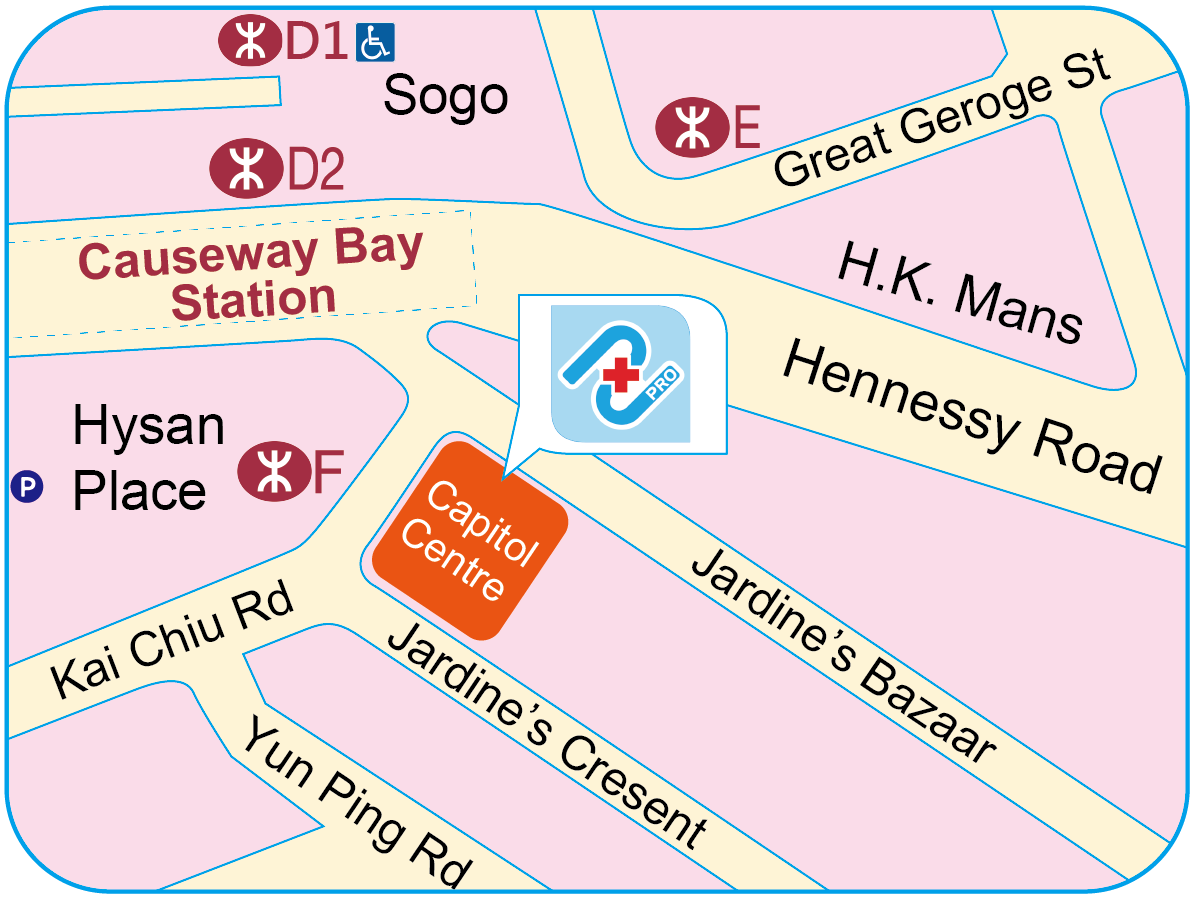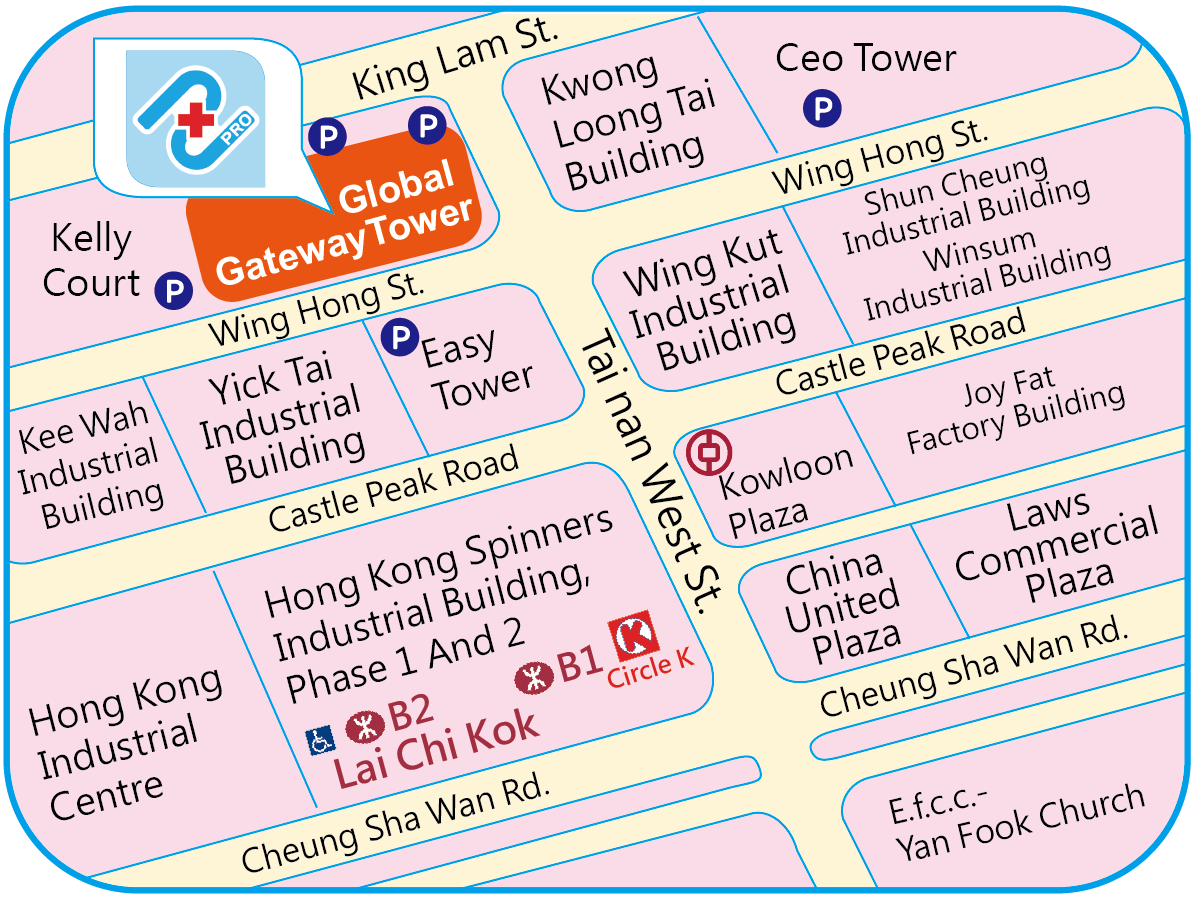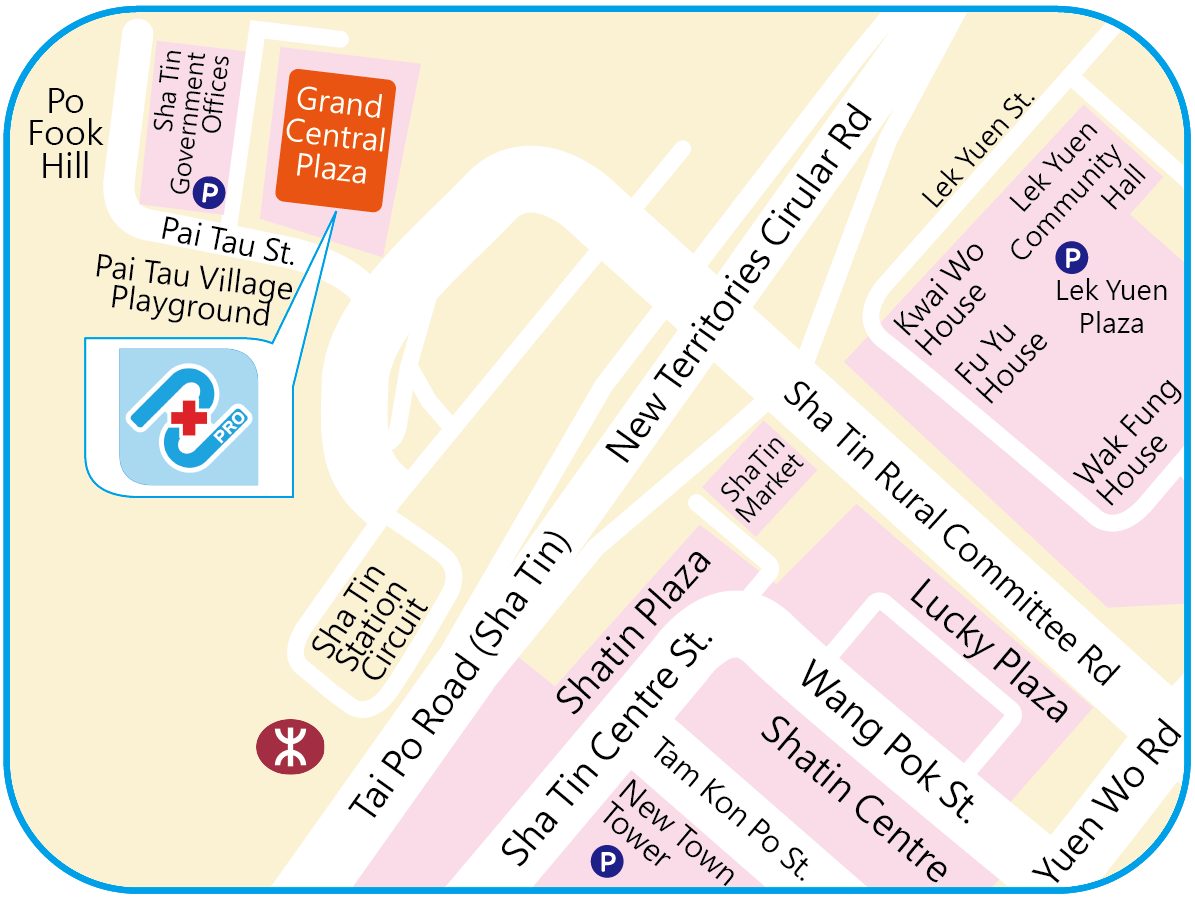Blog

Hong Kong's new elderly care policy in 2025: The number of vouchers for community and residential care services has increased to 23,000. How can we promote the new development in long-term care and aging coordination?
Hong Kong enters a new stage of aging population
Chief Executive Li announced a series of major measures in his fourth policy address during September 2025.
In the policy address, a series of new elderly care policies were officially announced. According to estimates, by 2046, individuals aged 65 and above will make up 36% of the total population in Hong Kong. The city is currently facing a rapidly accelerating aging population challenge. The government recently announced a set of new elderly care policies, including a significant increase in community care and residential care service vouchers. These measures indicate Hong Kong's attempt to promote elderly support through a "mixed-mode" approach: government funding, family choice, with communities and private institutions serving as supplementary resources.
However, Hong Kong still grapples with deep-seated structural challenges such as population pressure, inadequate chronic disease management, caregiver stress, and a shortage of professional personnel. Against this backdrop, person-centered home care and long-term care services are becoming increasingly essential. As a professional nursing center in Hong Kong, Noble Care's services complement government policies, serving as a support and reliable partner for families. The government's new policies inject fresh impetus into Hong Kong's elderly services, with various sectors of society working together to transform them into compassionate care, collectively building a future that truly supports "home-based elderly care" and "long-term care.

New Measures Analysis: The Social Implications of 23,000 Service Vouchers
The government has significantly increased elderly resources, including:
Community Care Service Vouchers increased to 16,000
Target recipients: Elderly individuals wishing to remain in the community.
Support types: Day care, home-based elderly care, rehabilitation care, and social support.
Significance: Enables seniors to delay entering residential care facilities, enhancing their autonomy.
Residential Care Service Vouchers increased to 7,000
Applicable to individuals in need of long-term residential care.
Significance: Provides increased financial support, reducing the burden on families.
Inter-departmental "Social Aging Strategy Task Force"
Involves aging, medical, housing, cultural leisure, and gerontechnology.
Promotes the silver economy and encourages market participation.
These policies collectively signify Hong Kong's strengthened support for the elderly through a "mixed-mode" approach: government funding, family choice, with communities and private institutions serving as supplementary resources.
Deep Challenges of Aging Society
Despite the apparent increase in service vouchers, Hong Kong still faces several long-term structural challenges:
Population pressure: Over the next 20 years, one in every three individuals is projected to be a senior citizen, leading to a doubling of healthcare and community support needs.
Inadequate chronic disease management: Conditions like diabetes, stroke, heart disease, and cognitive impairments are becoming more prevalent, necessitating more refined healthcare and rehabilitation support.
Caregiver stress: Many family members must balance work with caring for elderly parents, leading to physical and mental strain and "caregiver poverty."
Shortage of professional personnel: Nurses, specialized caregivers, and rehabilitation therapists are in high demand.
Insufficient home care resources: Many seniors prefer home-based elderly care but struggle due to a lack of sustainable, flexible, and professional support services.
These challenges highlight the increasing importance of person-centered home care and long-term care services. Nu Pro Nurse Centre, as a professional nursing center in Hong Kong, is well positioned to complement governmental policies, serving as a support and reliable partner for families. The government's new policies inject fresh impetus into Hong Kong's elderly services, with various sectors of society working together to transform them into compassionate care, collectively building a future that truly supports "home-based elderly care" and "long-term care."
Emerging Trends in Home Care and Long-Term Care
In the global trend of aging populations, "aging at home" has been proven to be a more fitting and cost-effective option that better meets the needs of seniors. Hong Kong's government policy also clearly emphasizes a "home-based" approach.
Advantages of home care include:
Seniors can live in a familiar environment, reducing adaptation stress.
Can be combined with day care centers and home care, offering high flexibility.
Reduces the problem of overcrowding in residential facilities.
However, to make home care truly feasible, it must be accompanied by:
Professional long-term care personnel providing home services.
Chronic disease management (such as medication management, blood sugar monitoring, and rehabilitation training).
Accompaniment services (assisting seniors with medical appointments to ensure accurate understanding and implementation of medical information).
Innovative gerontechnology (such as remote monitoring, fall detectors, and online health records).
Positioning and Services of Nu Pro Nurse Centre in Response to Policies
Nu Pro Nurse Centre, as a professional nursing center in Hong Kong, aligns its services with governmental elderly care policies:
Long-term Care
Provides comprehensive elderly care plans, from physical examinations to daily care and rehabilitation support, meeting long-term needs.
Complements the directions of the policies and acts as a supportive force for community care vouchers and home-based elderly care policies.
Elderly Care
Encompasses seniors with mild to severe disabilities, including cases of cognitive impairments and mobility limitations.
Integrates psychological and social support to enhance seniors' quality of life.
Chronic Disease Management
Home monitoring of blood pressure and blood sugar, assistance with medication management, and teaching rehabilitation exercises.
Reduces emergency hospital admissions due to poorly controlled chronic conditions, indirectly easing the pressure on public hospitals.
Home Care
Nurses or caregivers provide assistance at home, such as bathing, dressing, wound care, and nutritional coordination.
Particularly crucial for families desiring "aging at home."
Accompaniment Services
Accompanying seniors to hospitals or clinics to ensure accurate communication with doctors and adherence to treatment recommendations.
Reduces the anxiety of family members who cannot be present throughout due to work commitments.
Home Visit Services
Qualified nursing professionals visit homes to handle various tasks like wound care, post-operative dressing changes, stoma cleaning, and care.
Educate patients and families on daily care to reduce the chances of complications and improve the patient's quality of life and self-care abilities.
In essence, the services of Nu Pro Nurse Centre complement governmental subsidy policies, creating a synergistic relationship where "1+1 is greater than 2": the government provides basic resources, while Nu Pro Nurse Centre offers flexible, professional, and compassionate solutions.
Silver Economy and Future Opportunities in Hong Kong
In addition to welfare support, the Hong Kong government's policy address mentions the promotion of the "silver economy."
The silver economy refers to a new economic model centered around the elderly, involving healthcare, retirement financial products, elderly-friendly housing, gerontechnology, healthy dining, and social entertainment.
In the case of Hong Kong:
Private healthcare and caregiving services will have significant development opportunities.
Gerontechnology such as telemedicine systems, fall detection devices, and AI health monitors will see accelerated applications.
Cross-border health services (Hong Kong-Greater Bay Area) may also become a new model.
For Nu Pro Nurse Centre, this is not just a challenge. With policy direction aligning with market demands, professional, reliable, and person-centered service institutions will be more favored by families.
From Policy to Family: How to Make the Best Use of Resources?
For the general public, while the increased service vouchers in the policy represent good news, the real challenge lies in choosing the appropriate resources.
Recommended directions include:
Assessing the needs of the elderly first: Do they require basic living support, medical care, or specialized rehabilitation?
Making use of government service vouchers to reduce basic care expenses.
Supplementing inadequacies with private services: Consider combining services from Nu Pro Nurse Centre for needs like professional nursing home visits, accompaniment, or long-term management of chronic conditions.
Long-term planning: Encourage families and seniors to participate in decision-making, enhancing autonomy and dignity.
Future Outlook: From Aging Challenges to Co-building a Caring Society
The aging population in Hong Kong is not just a medical issue but also an opportunity for societal structural transformation.
Aging at home and residential care complement each other.
Public-private partnerships drive more flexible resource allocation.
Professional nursing and gerontechnology will reshape long-term care models.
The needs of caregivers and seniors will be more comprehensively understood and supported.
Nu Pro Nurse Centre, through its provision of long-term care, elderly care, chronic disease management, home care and accompaniment services, home visit services, not only serves as a backup for families but also as a reliable partner under policy promotion.
The policy reforms in 2025 have injected new momentum into Hong Kong's elderly services. However, the crucial aspect is how various sectors of society can work together to translate policies into tangible care.
In the new landscape of coexistence of government resources and private services, families have more flexible choices, while the market and professional institutions can leverage innovative forces to jointly build a future that truly supports "aging at home" and "long-term care."
The ultimate goal is not just about subsidies or services but about ensuring that every elderly individual can enjoy dignity, safety, and care as they age gracefully.











 Causeway Bay Centre
Causeway Bay Centre

